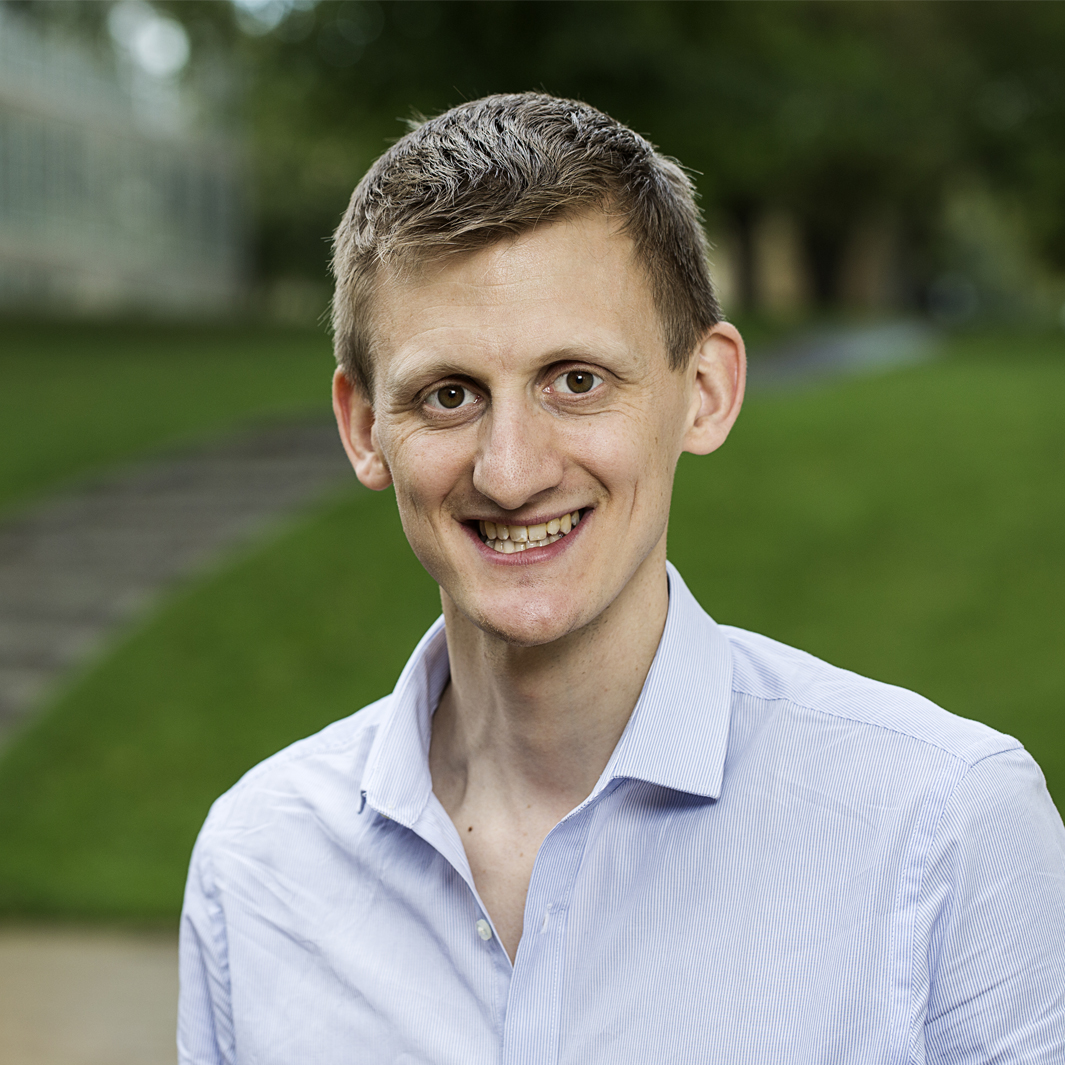
The high heritability of many human diseases indicates the great potential of personalized medicine. For example, the heritability of schizophrenia is about 75%; loosely speaking, this means that if we perfectly understood the genetic factors which affect schizophrenia risk, then given an individual’s genome, we would be able to predict with 75% accuracy whether or not they would develop the condition. However, at present, we are a long way from realizing this potential (e.g., for schizophrenia, the best models have accuracy less than 20%). With an ever-increasing amount of genetic data being produced, this lack of success is not for want of trying. Instead, the problem is that we lack statistical tools to efficiently analyze these data.
My project has two main aims. The first is to develop and release statistical tools to improve our ability to analyze genetic data. The second is to apply these tools to large-scale datasets, with a particular focus on neurological diseases. I will make all my methods freely available to other researchers through my software LDAK (www.ldak.org).
Project title:
Developing statistical tools to analyze large-scale genetic datasets and improve our understanding of complex diseases
Area of research:
Genetics
Fellowship period:
1 Oct 2017 – 31 Mar 2020
Fellowship type:
AIAS-COFUND Marie Skłodowska-Curie fellow

This fellowship has received funding from the European Union’s Seventh Framework Programme for research, technological development and demonstration under the Marie Skłodowska-Curie grant agreement No 609033 and The Aarhus University Research Foundation.
